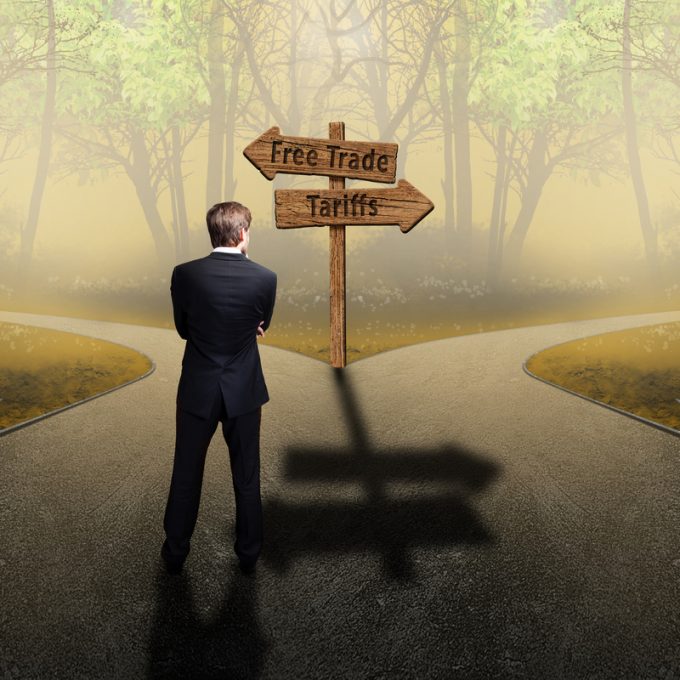DHL Express suspends non-de minimis B2C parcels to US consumers
DHL Express has suspended B2C (business to consumer) shipments with a value above $800 to ...

Increasing trade barriers by governments around the world are hampering the global economy as it attempts to recover from the pandemic’s economic fallout, warned the International Chamber of Shipping today.
According to the International Trade Centre, the Covid pandemic has led governments to throw up “temporary trade measures that aim to restrict exports of vital medical supplies, and to liberalise imports of vital medical supplies as well as other essential products”.
As of last week, some 98 countries have temporary export restrictions ...
Asia-USEC shippers to lose 42% capacity in a surge of blanked sailings
USTR fees will lead to 'complete destabilisation' of container shipping alliances
New USTR port fees threaten shipping and global supply chains, says Cosco
Outlook for container shipping 'more uncertain now than at the onset of Covid'
Transpac container service closures mount
DHL Express suspends non-de minimis B2C parcels to US consumers
Zim ordered to pay Samsung $3.7m for 'wrongful' D&D charges
Flexport lawsuit an 'undifferentiated mass of gibberish', claims Freightmate

Comment on this article